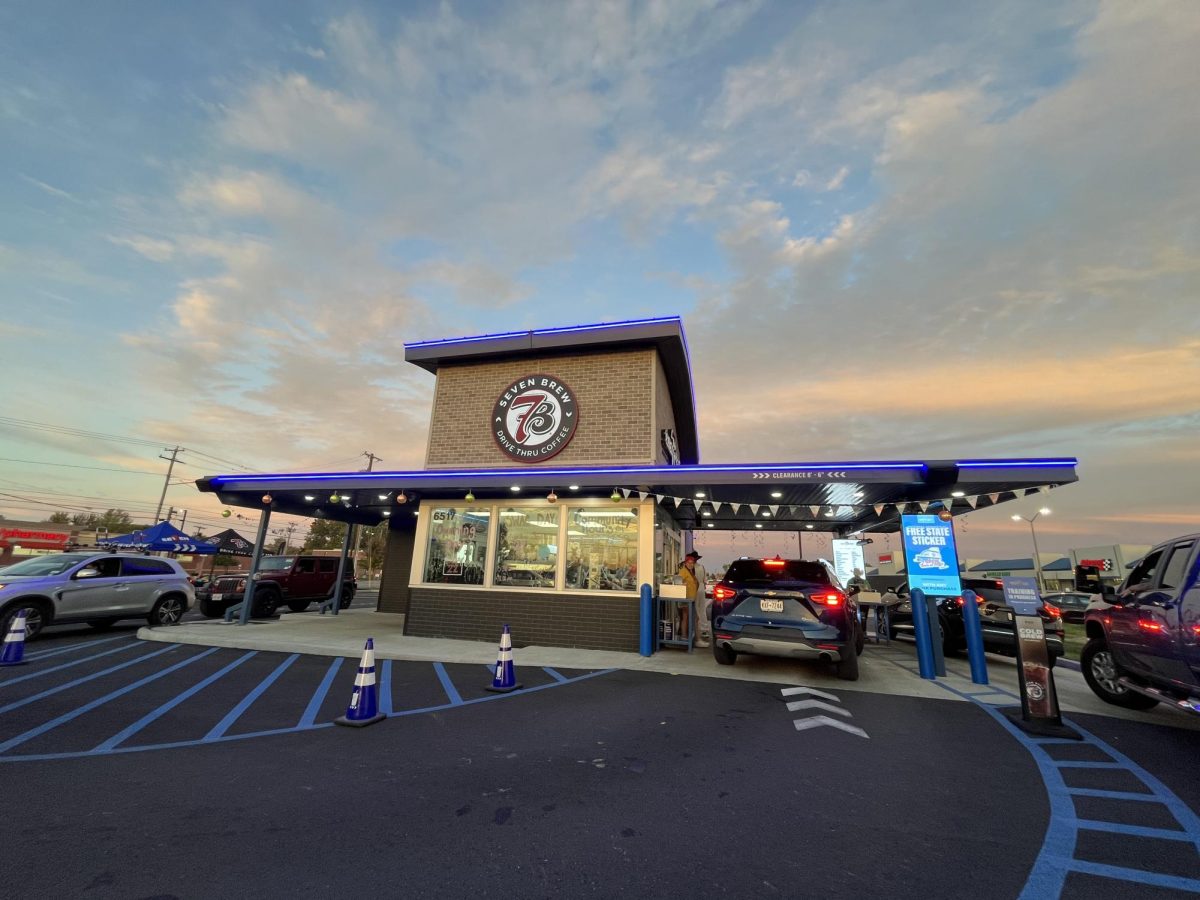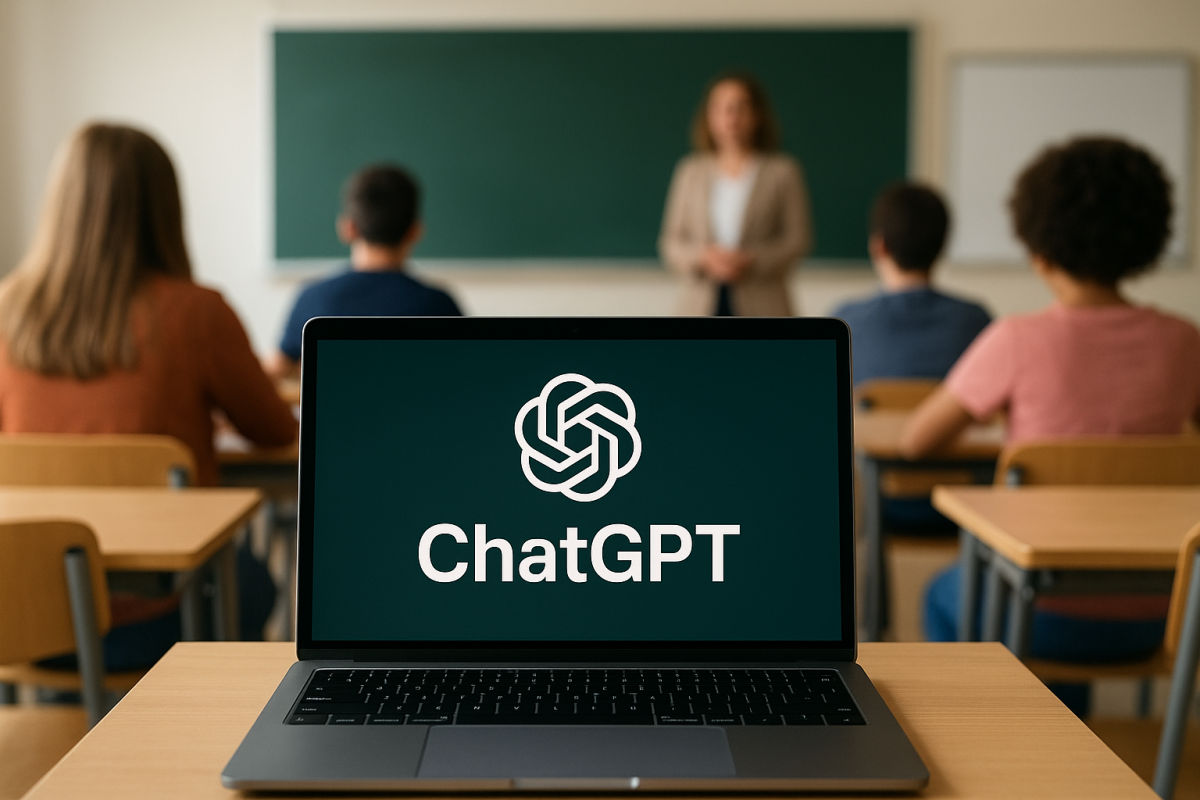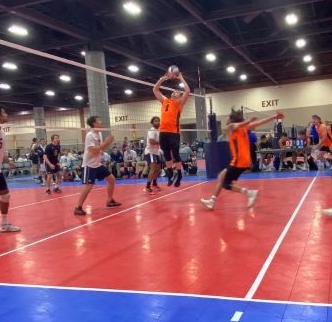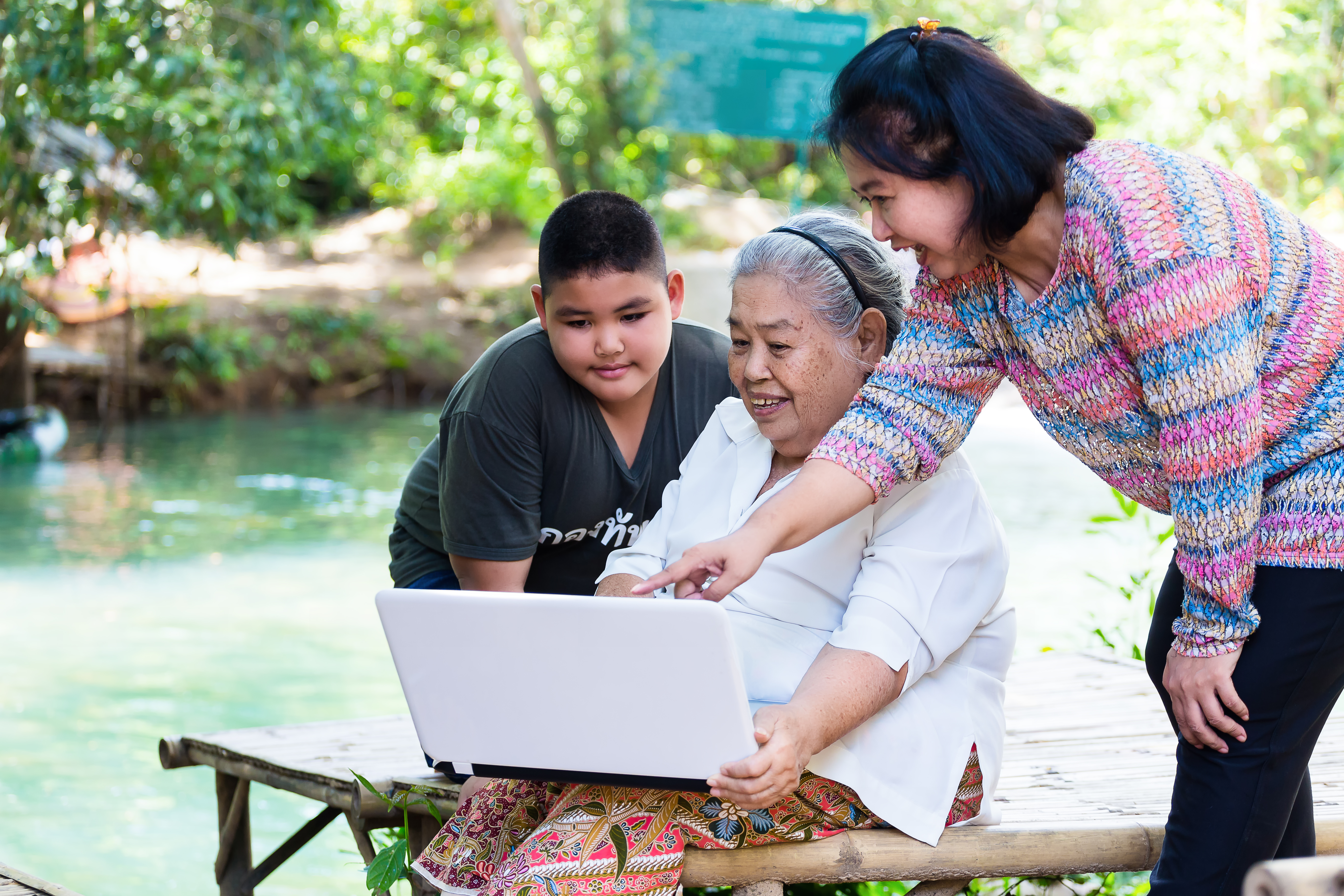
Since the beginning of the pandemic in early 2020, everything moved online. Everything from shopping to banking to school. While many people were able to adapt to the online-only world, many were not. Many seniors continue to struggle to adapt to this new digital life. One of those seniors is Nelva Ferreira. Ferreira immigrated to the U.S. more than 20 years ago. Ferreira who lives in Providence, Rhode Island doesn’t speak English, so for her, communicating online is even harder.
“I don’t really know how to do any of that stuff, I just let my daughter handle it,” said Ferreira. “She tried to teach me one time but, it went in one ear and out the other. I like to keep my Obama phone from years ago, somewhere my kids, grandkids and the rest of my family could call me. Mostly, I have no choice but to just tell my daughter when I need something that needs to be done online.”
Many seniors like Ferreira rely on other family members for help. Some elders have remained okay with simply just having a phone they can talk out of no matter how old it is however, not knowing what to do on a smart device as of right now could be very detrimental to getting out of an uncertain emergency.
Research done by the National Center for Biotechnology information (NCBI), ensures how negatively COVID-19 has affected the elderly and the importance of the elderly knowing how to complete medical task online on their own during harsh times. The research explains that even though learning how to use technology can be intimidating for some, at times like this its crucial to have some sort of knowledge on using technology without constant assistance.
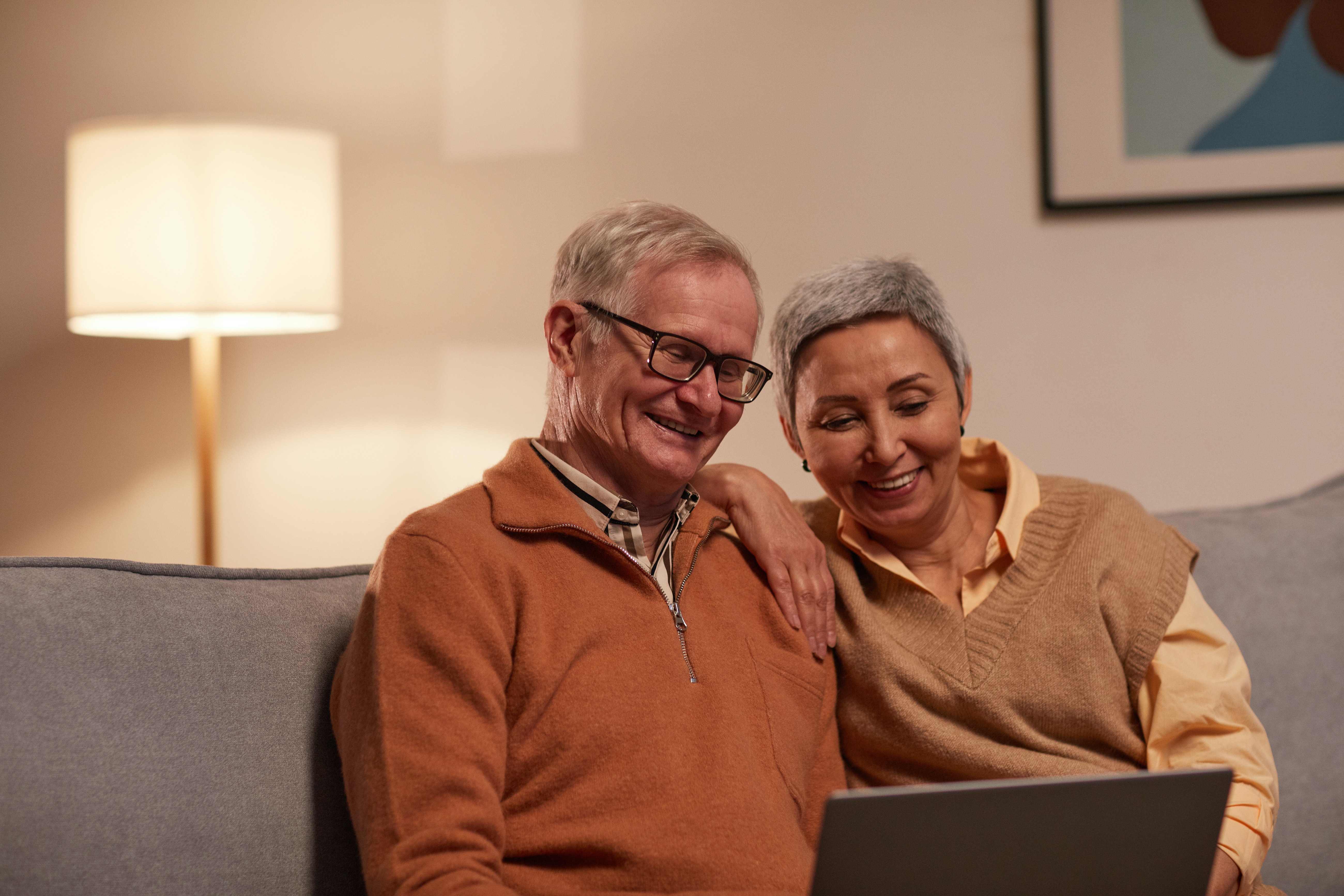
Knowing how to turn on a computer is now essential to maintaining good health at times like this, which makes it so important. It is likely for some elderly to have had health issues prior to the pandemic however, covid-19 only makes them more vulnerable. Yes, because the virus obviously but, the elderly are more likely to go through stricter lockdowns which can lead to more underlying health and mental issues and yet not be able to access any resources set in place to help due to lack of knowledge.
It’s important for everyone including seniors to know how to use advanced technology in order to make use of resources set in place to help them out at times like this or even simply to reach out to family who can actually help if things go bad.
In the article “Seniors and technology during Covid-19: the latest insights” Peter Rinderud writes about how before COVID, the digital gap between seniors and younger generations was progressively closing. Now, with younger generations having to increase their internet usage beyond norms, the gap is significantly wider than before.
Another Senior who has had a hard time adjusting to the new online-only world would be Ventura Blasini. Blasini is a senior who lives alone in the Bronx, NY. Being that he does live alone, he struggles to get his everyday things done as he doesn’t have a family member in his home able to help him 24/7.
He helps us understand his struggle with understanding technology specially during a time like this.
“Whenever I need something done, I always know somebody that knows somebody else that could help me out”, says Blasini. “It’s not impossible to get by without using technology but, I know it’s way easier and less time consuming. I know how to do simple stuff like visit my social media, reach out to friends and family, not so much anything else. Thank god I have yet to come across anything too serious where I couldn’t wait to get help from someone to search the web for me, but as someone who doesn’t like to ask for help much it does get in the way.”
Some seniors find joy in actually being able to fulfill tasks on their own. It gives one a sense of purpose and comfort. Whereas those who don’t understand how to do things online from home are left at a barrier until someone else is available to assists, which under crucial circumstance is not a good enough idea.
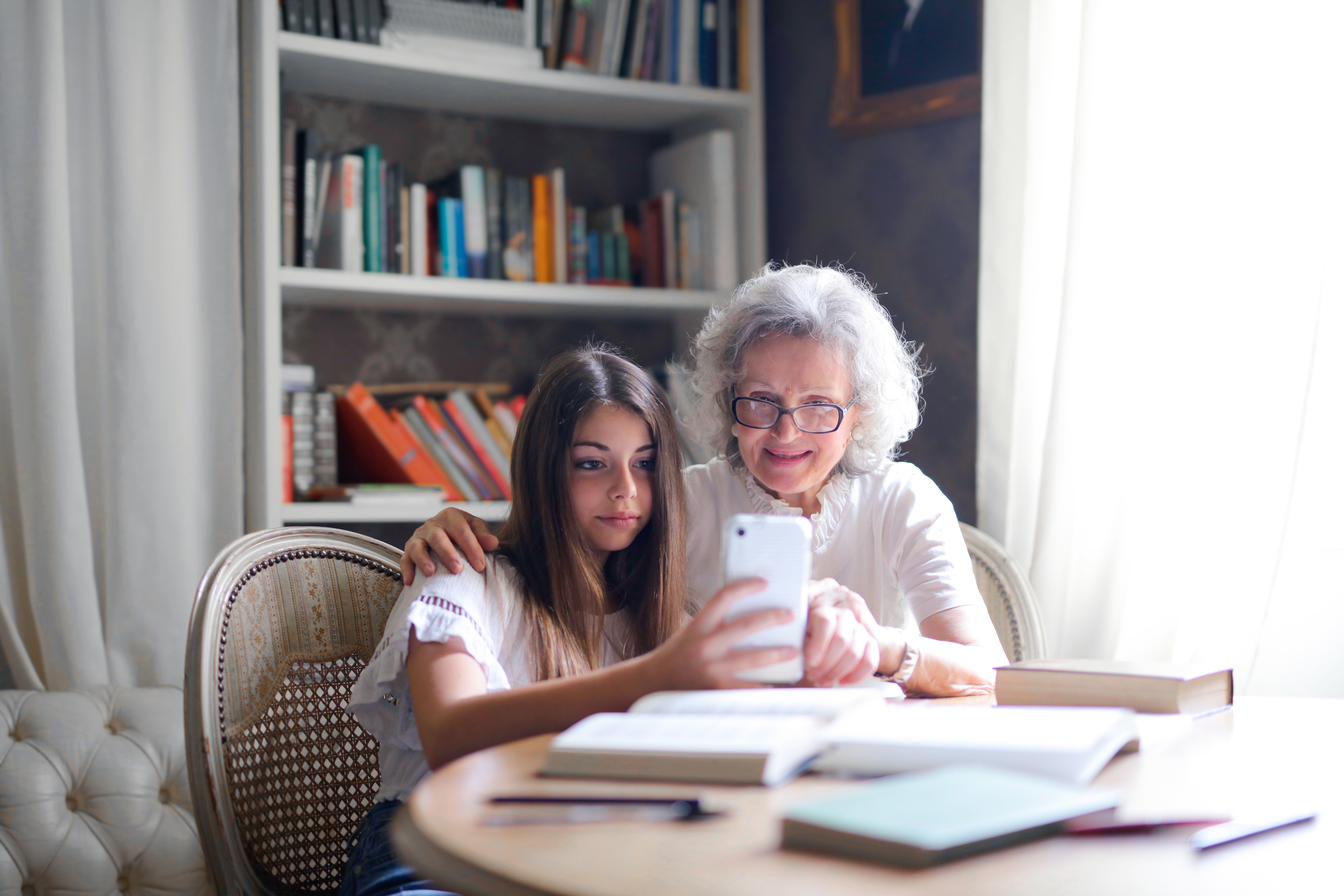
The 2017 aged care system article “Top 5 challenges or seniors using technology” explains how age acts as a barrier to why seniors are less mentally and physically able to learn how to use latest technology.
All these mental, physical, and health challenges can make learning how to use new devices overwhelming for seniors, even those who want to start learning how to use new devices.
However, it is vital for older generations to learn how to use technology without assistance, with medical appointments now being scheduled and taking place entirely online, seniors’ knowledge of technology can now be a health risk factor as the pandemic continues.
Even before the pandemic, it was already important for seniors to understand technology. Now that it’s an actual necessity to move on with our everyday lives, the internet is our primary means of communication.
In order to keep those we love safe during the pandemic, it’s important we use social media and technology to keep in touch with our loved ones without putting anybody’s health at risk. Using technology can also keep older adults’ safe by allowing us to shop for our household needs online and have it delivered to our own homes without having to come in contact with anyone who could probably be at t risk.
Overall, there are many reasons for seniors to take the time to initiate the need to learn how to use technology regardless of how challenging and frustrating it can be. Although it may be time-consuming and quite a headache during these difficult times, it is crucial for older adults to understand new devices to prioritize their health and the health of those they love. In addition, to being able to do everyday tasks that have now transitioned to an online format due to the circumstances.
Using technology will make everything from food shopping to health care appointments more accessible from the comfort of your own home. Being left in the unknown in a world that is currently revolving around technology can be even more frustrating than actually making an effort to learn how to use smart devices. Without them, we are restricted from proceeding with our everyday lives.

